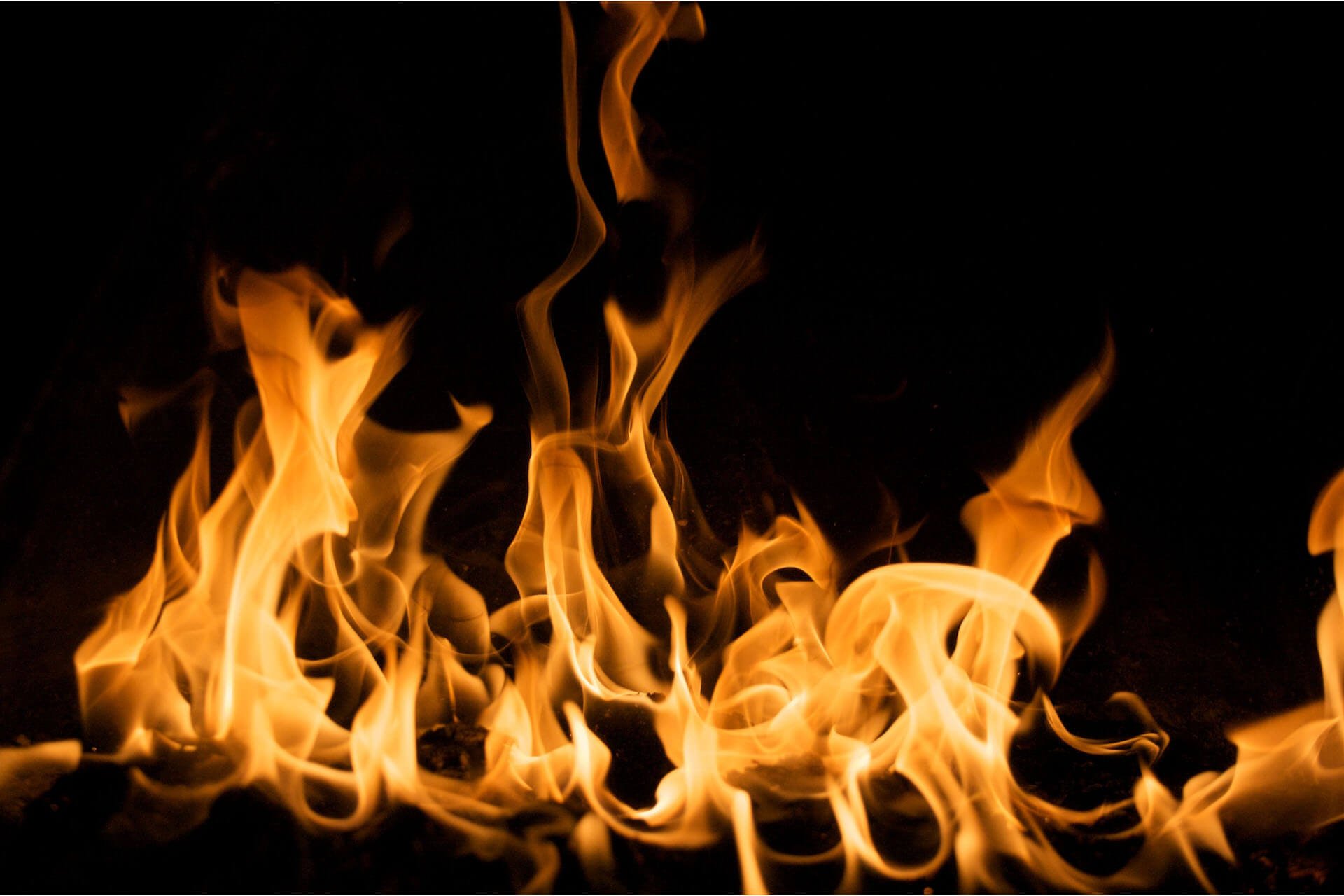
Fire and Smoke Damage Solutions
A fire/smoke damage to your business premises can seriously affect your growth and jeopardise your future plans. Employing us takes the stress and the burden out of dealing with your insurance claim and ensures you get the best possible settlement as quickly as possible, enabling you and your staff to concentrate on rebuilding your business. We fully understand how important your business is to you and your staff!
Step 1
What happens when you claim?
Once you have notified your insurers, they will appoint loss adjusters to act on their behalf. The adjusters are appointed as independent, but are acting on the best interests of the insurance company: their aim is to minimise the insurance company’s exposure, and they will dispute liability if they feel you have not adhered to the conditions of your policy. They may argue that you are not adequately insured, drawing on the under-insurance clause to reduce the compensation available.
Step 2
Why use Property Loss Management?
Unlike other parties involved in the claim, we operate solely in your interest, making sure you’re in charge of the way your business is dealt with. We draw on the unparalleled experience of our in-house team, who specialise in dealing with commercial fire damage, to address every aspect of your claim, from investigating the state of the building to discussing repairs. Our loss assessors handle your material losses, including stock and contents, while our surveyors quantify damage to the building. Our accountants bring their expertise to your business interruption claim, making a real difference to your outcome.
Step 3
What will we do for you?
Discuss emergency works to secure your property and protect it from further damage.
Prepare, present and negotiate your whole claim, including all issues concerning the building, contents and business interruption.
Co-ordinate your insurer and their loss adjusters to make sure you get the settlement that you are entitled to, whether that’s reinstatement or cash. We think outside the box and give you all the options that are available to you.
Scrutinise your policy wording, and advise you on any issues relating to compliance with warranties and conditions that may affect liability.
Get insurers to accept liability as quickly as possible, so that we can generate immediate interim payments to help you maintain your cash flow.
Make sure you get the most out of your business interruption cover, by advising on items that adjusters might not point out, such as retrospective discounting and promotional activity.
Demonstrate the economic validity of ‘increased costs of working’ coverage.
Identify the full extent of the damage, including that beyond the visible part. The effects of heat, smoke and water are often worse than those caused by flames, leaving you with long term problems if not treated correctly.
Help you choose and appoint specialist surveyors if external assistance is needed, avoiding the insurance companies’ supply chains, which might not operate in your best interests.
Ensure those disaster cleaning companies do a safe and thorough job to give you peace of mind when the claim is finished.
Call today for a free consultation

